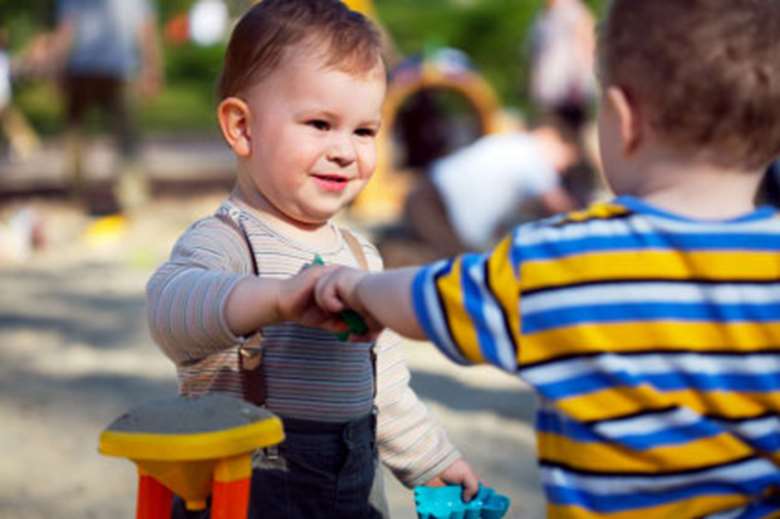Disadvantaged two-year-olds missing out on early education, finds report
Wednesday, September 12, 2018
The youngest, most disadvantaged children are the least likely to access early education, a new report from the OECD has found.

While nearly half of UK children under three from the wealthiest third of households go to an early years setting, just 22 per cent of the poorest do, according to the new equity- themed ‘Education at a Glance’ report, launched yesterday.
This is worse than the OECD average, where 28 per cent of children in the most deprived households are enrolled in ECEC services, compared to over 44 per cent of those from better-off families.
Education levels of parents also play a part in access to early education. Just 25 per cent of UK children aged nought to two, whose mothers had not progressed beyond school, went to a nursery or other setting compared with 43 per cent of those whose mothers had a degree or had taken part in further education.
Andreas Schleicher, Director for Education and Skills at the OECD, said the UK had seen an 'amazing success' with three- to five-year-olds, 'well ahead of the OECD average' of 76 per cent. But, he said, 'with the youngest children it is clear that the UK has more work to do. It is not only that enrolment is low but there is also a social disparity. Children who need early education most are getting the least out of it.’
Mr Schleicher told Nursery World that it was 'not unusual' for other countries to do much better with this age group, with ten other OECD countries enrolling between 38 and 80 per cent.
The news follows warnings that places for disadvantaged two-year-olds are being squeezed. Earlier this week, DfE research showed that the number of places for disadvantaged two-year-olds are consistently harder to find than those for the universal three- and four-year-old offer.
The OECD report also found that, despite additional support for parents in the form of the 30 hours for three- and four-year-olds, the UK also compares unfavourably with other countries on funding: parents are also contributing a greater share of the childcare funding burden than nearly any other country.
Less than 60 per cent of total pre-primary education is Government-funded in the UK, compared with the OECD average of 83 per cent. Only Japan and Turkey have similar levels of private funding, while in Japan the remaining 40 per cent is shared by households, and other sectors such as business, while Turkish families ‘have access to a well-developed public subsidies system’ the report notes.
‘Although it is widely acknowledged that a child’s cognitive development begins well before he or she reaches school age, governments still spend a smaller share of public money on ECEC than on higher education’ it adds.
Dr Schleicher added, ‘When it comes to early education I think you can justify greater investment of public [finances].’ He noted that the proportion of GDP spent in the UK was one of the lowest, with 0.4 per cent of GDP invested – compared with Sweden, where 1.5 of the country’s GDP is invested, and the OECD average of 0.6 per cent.
- Read the full report here




